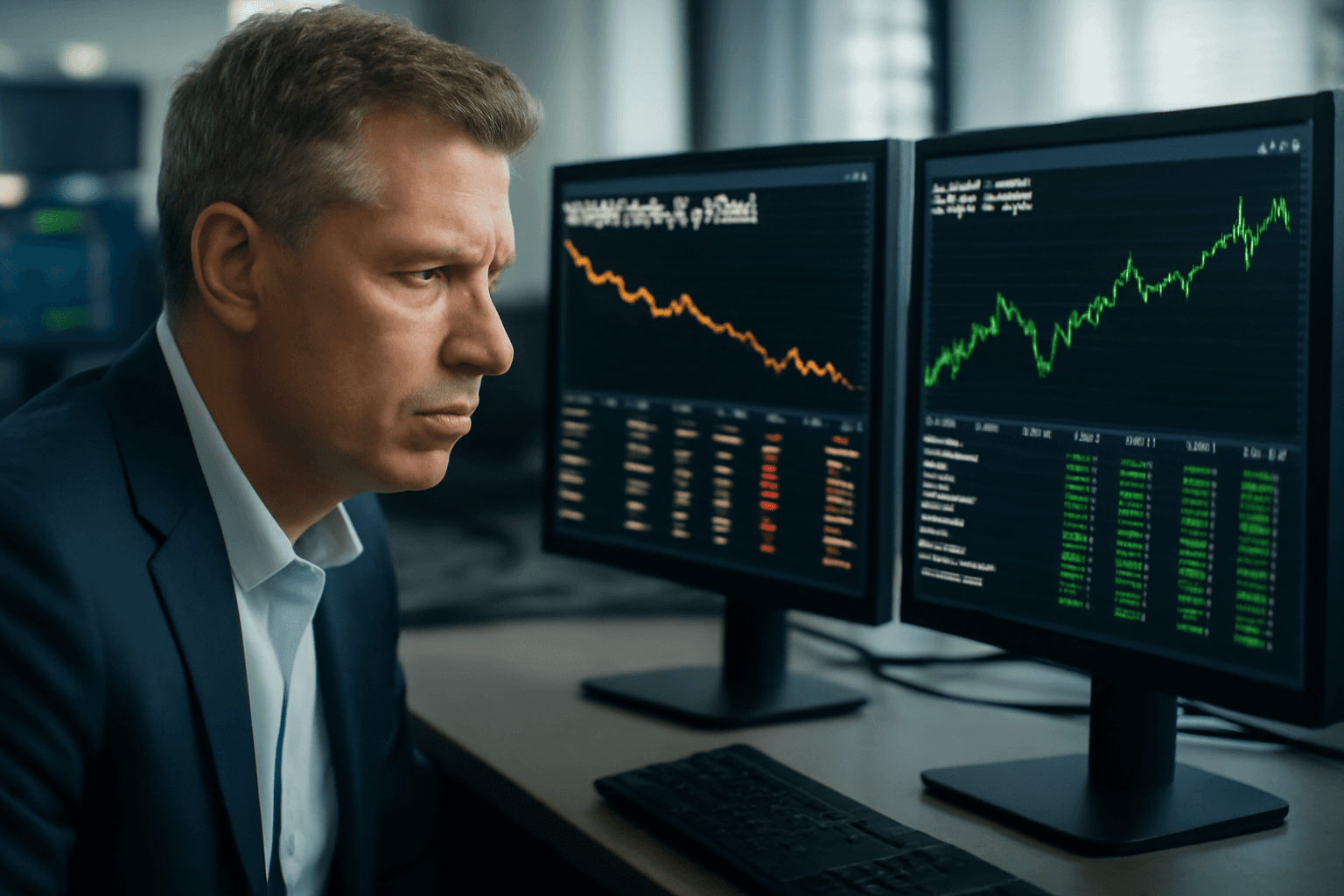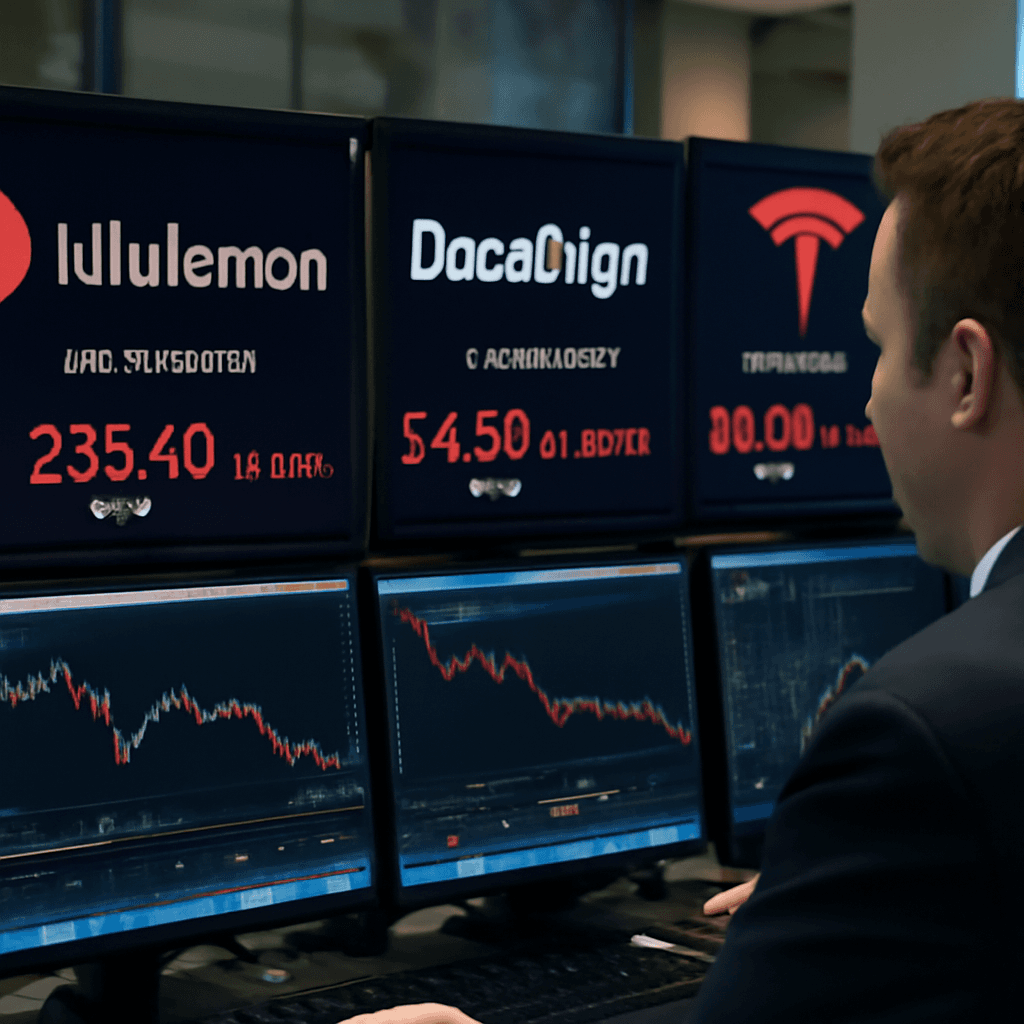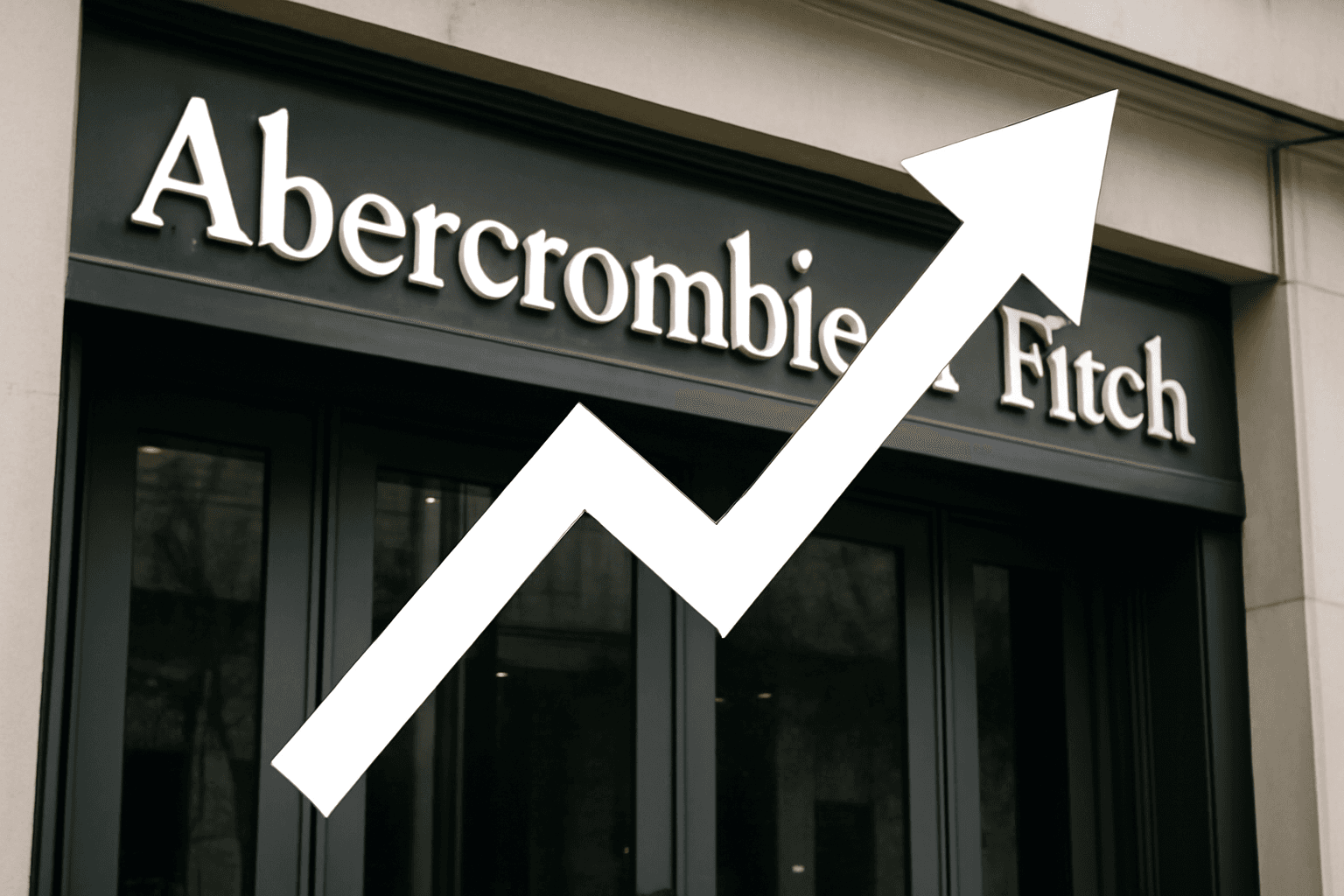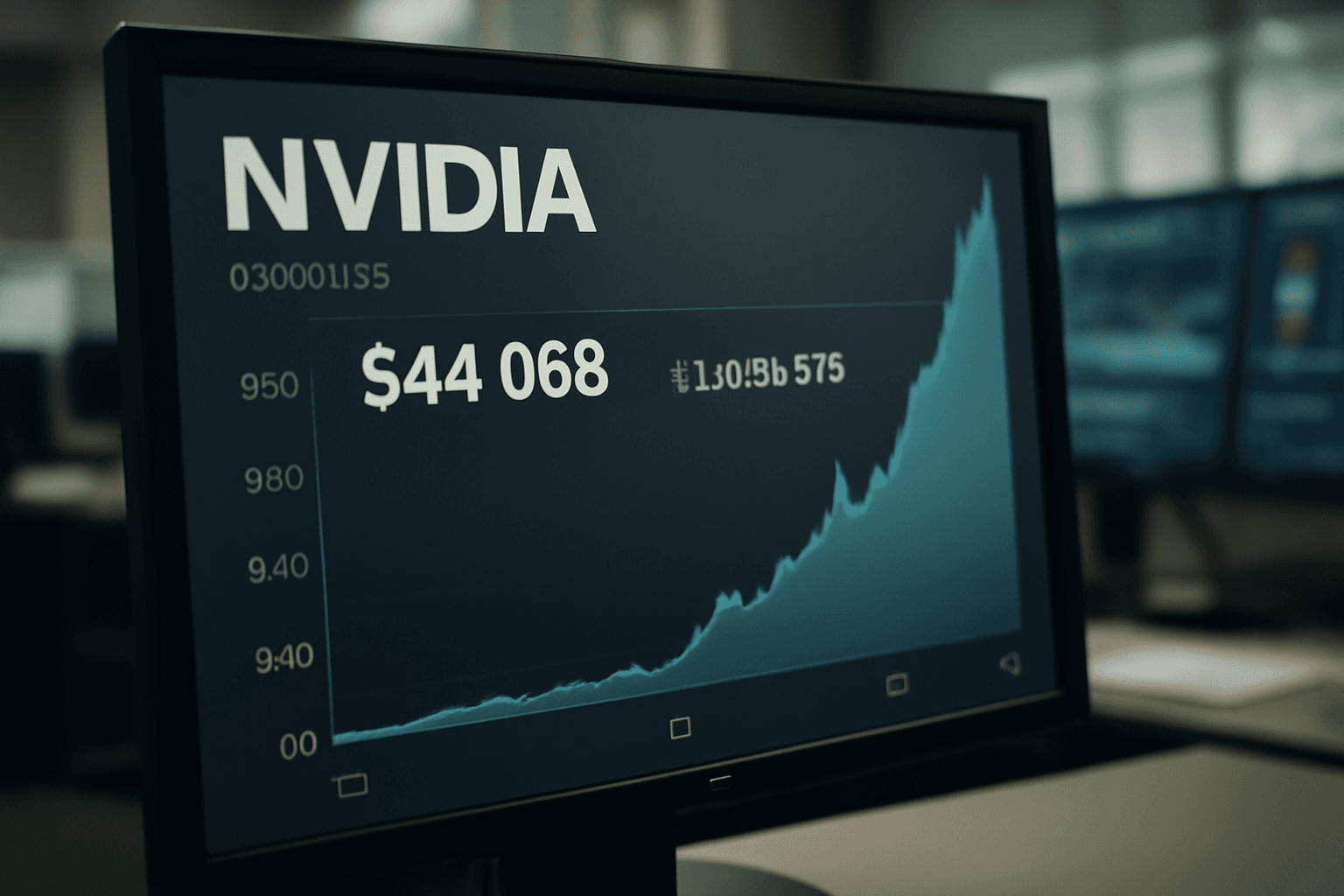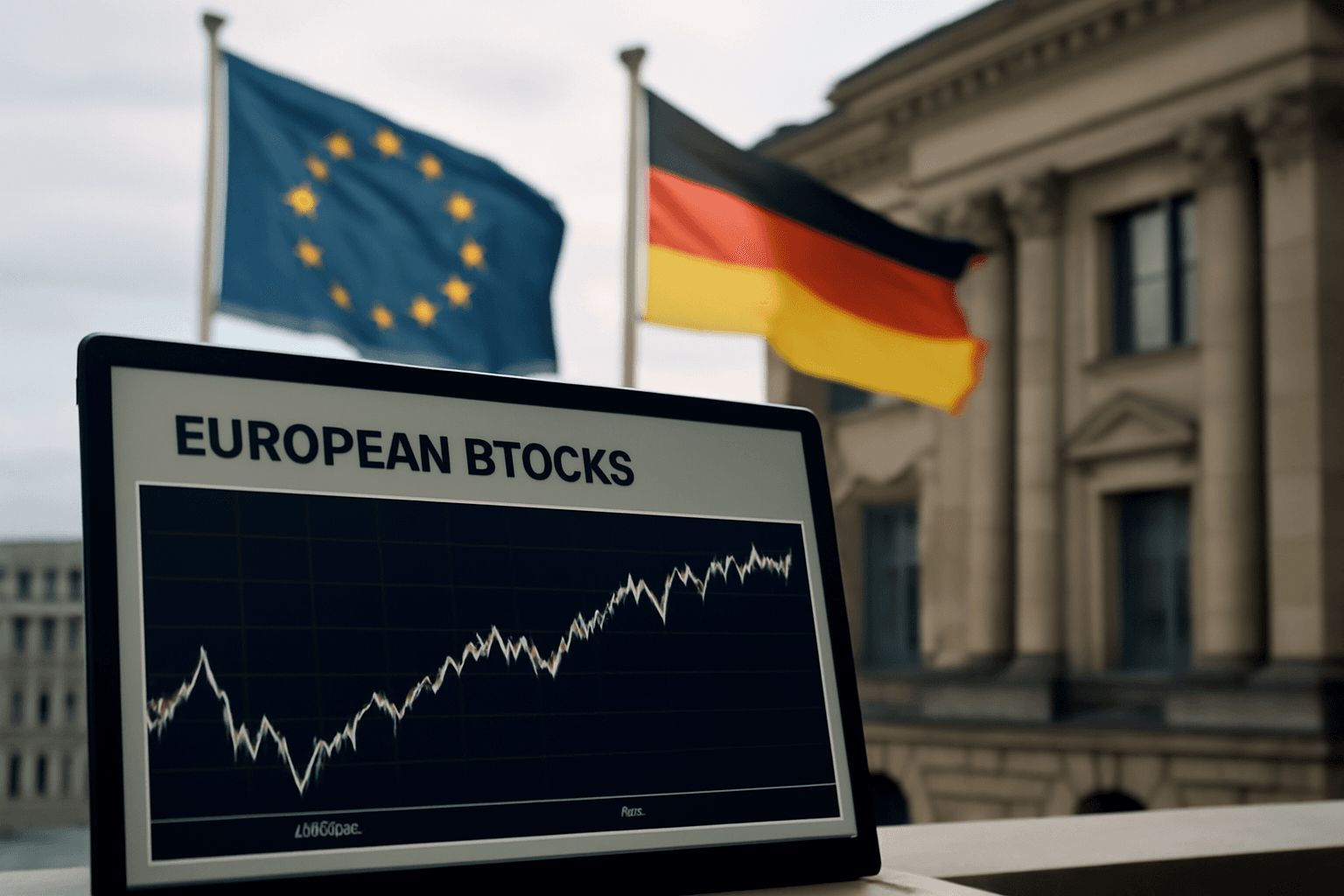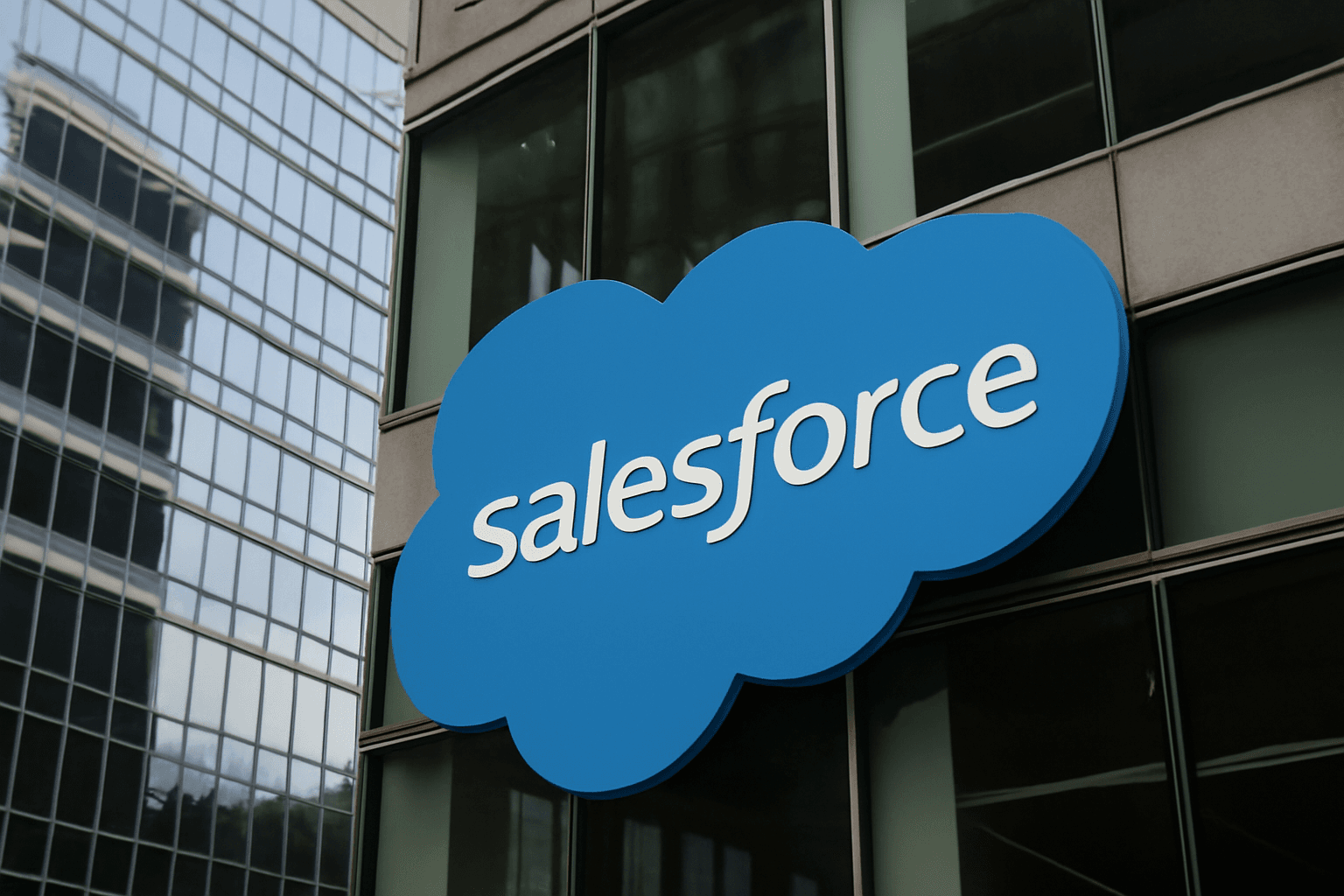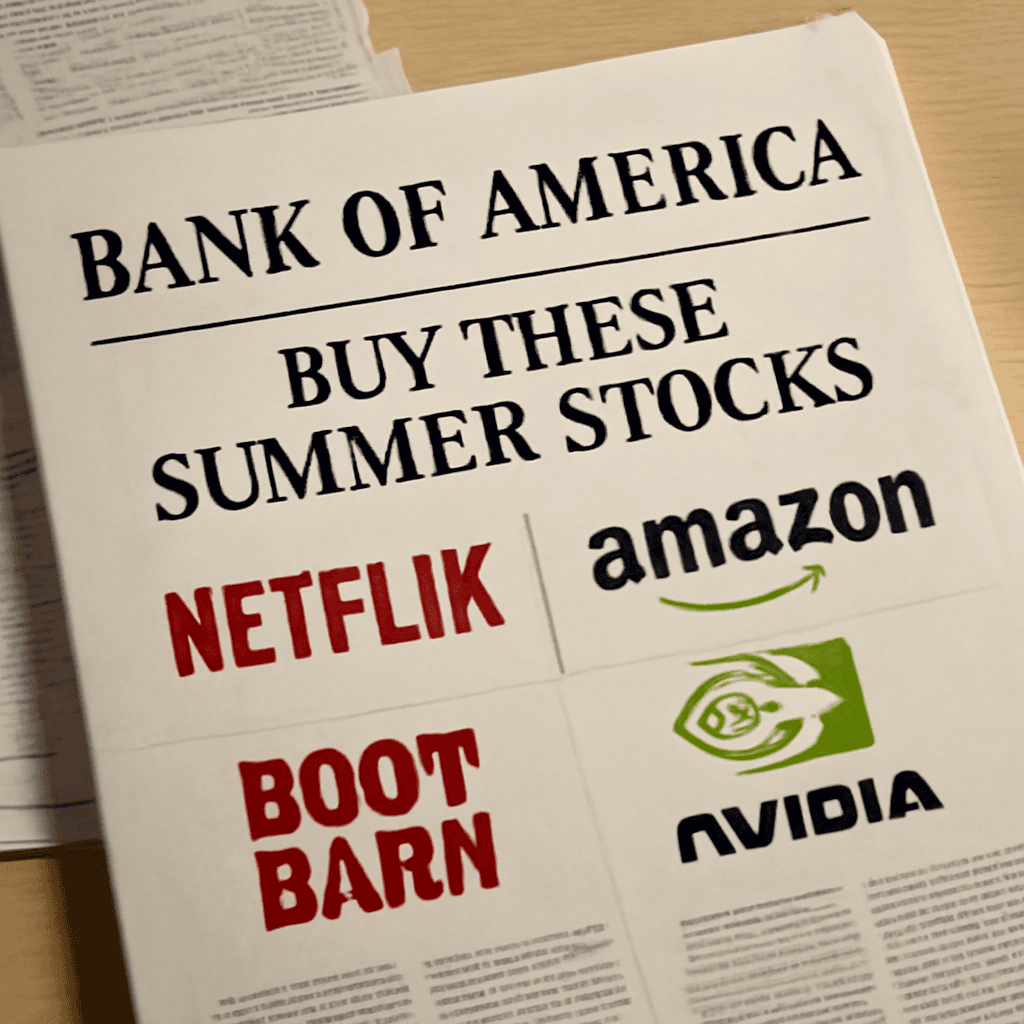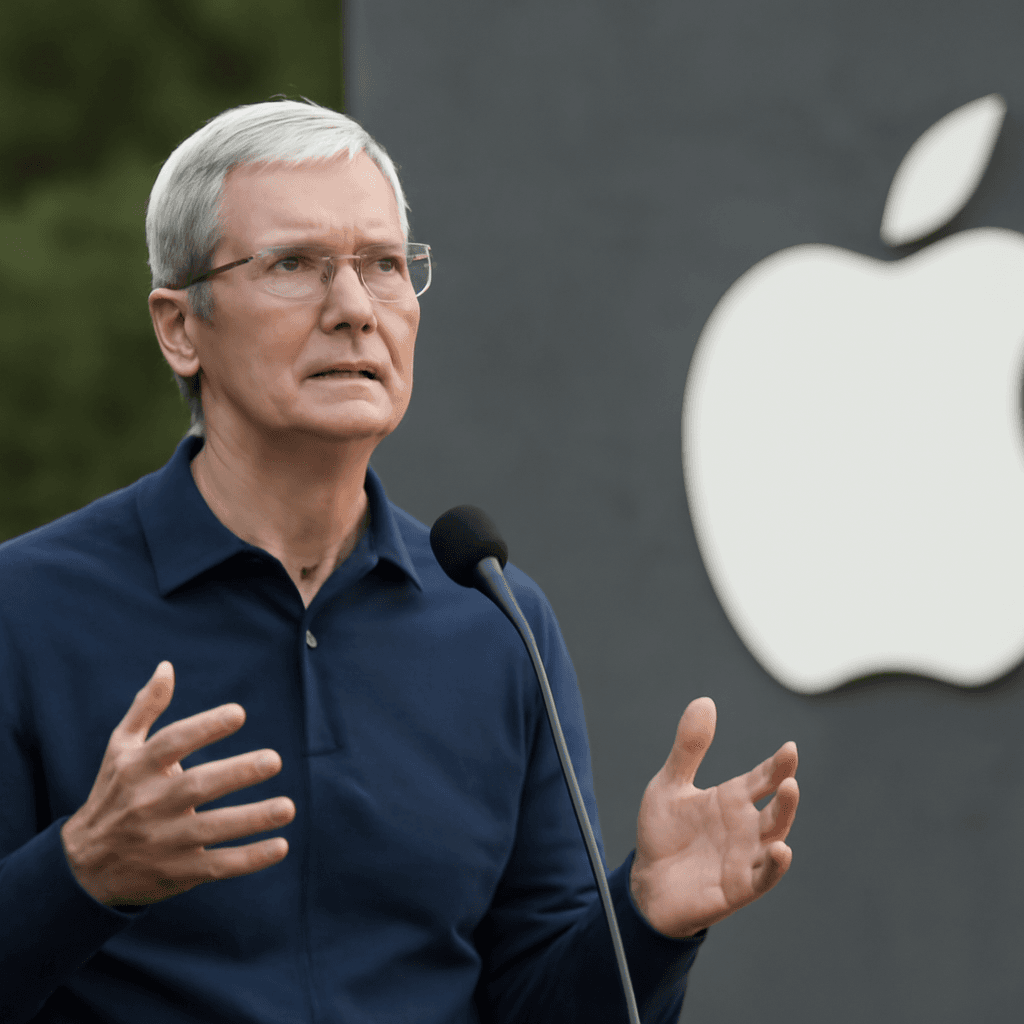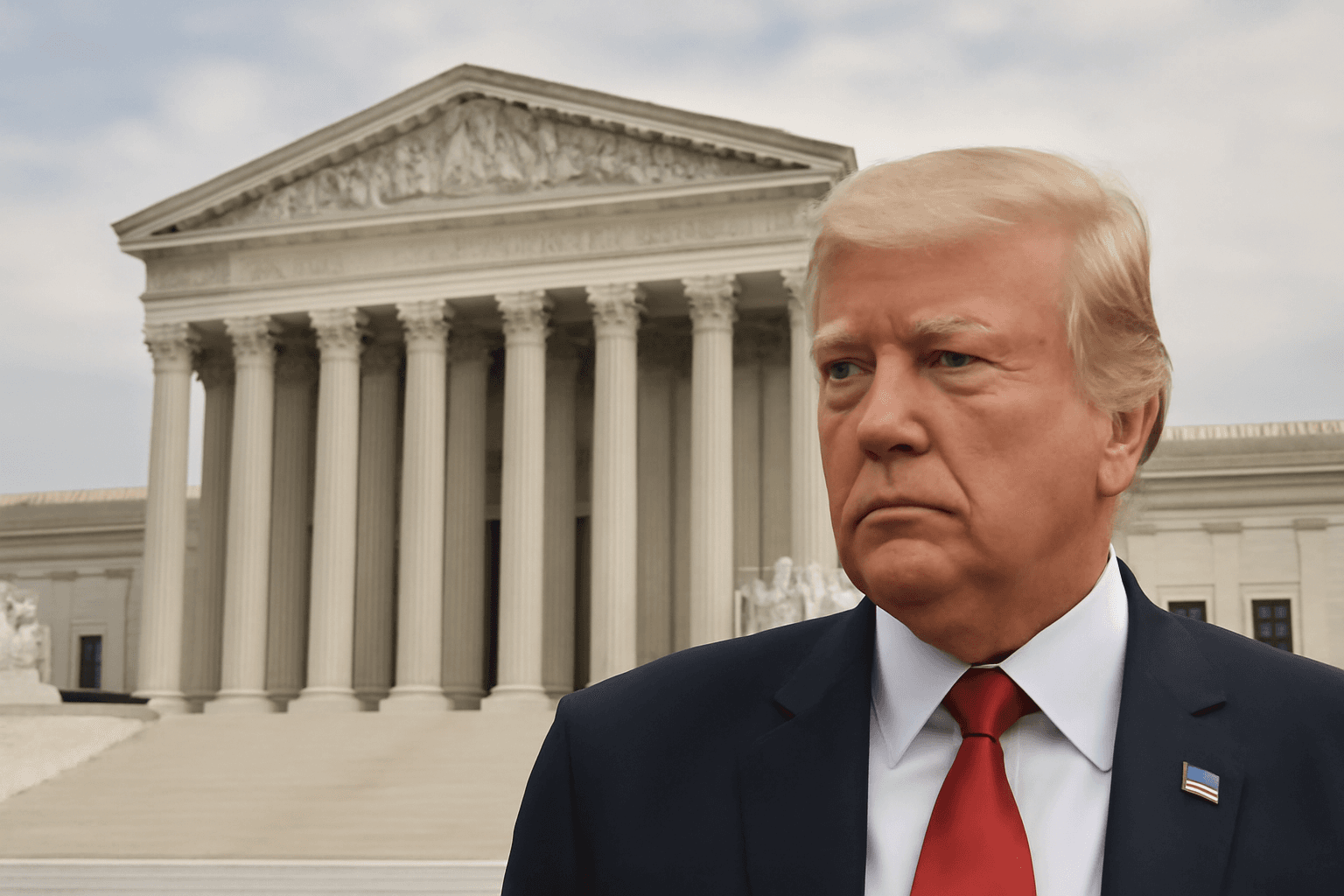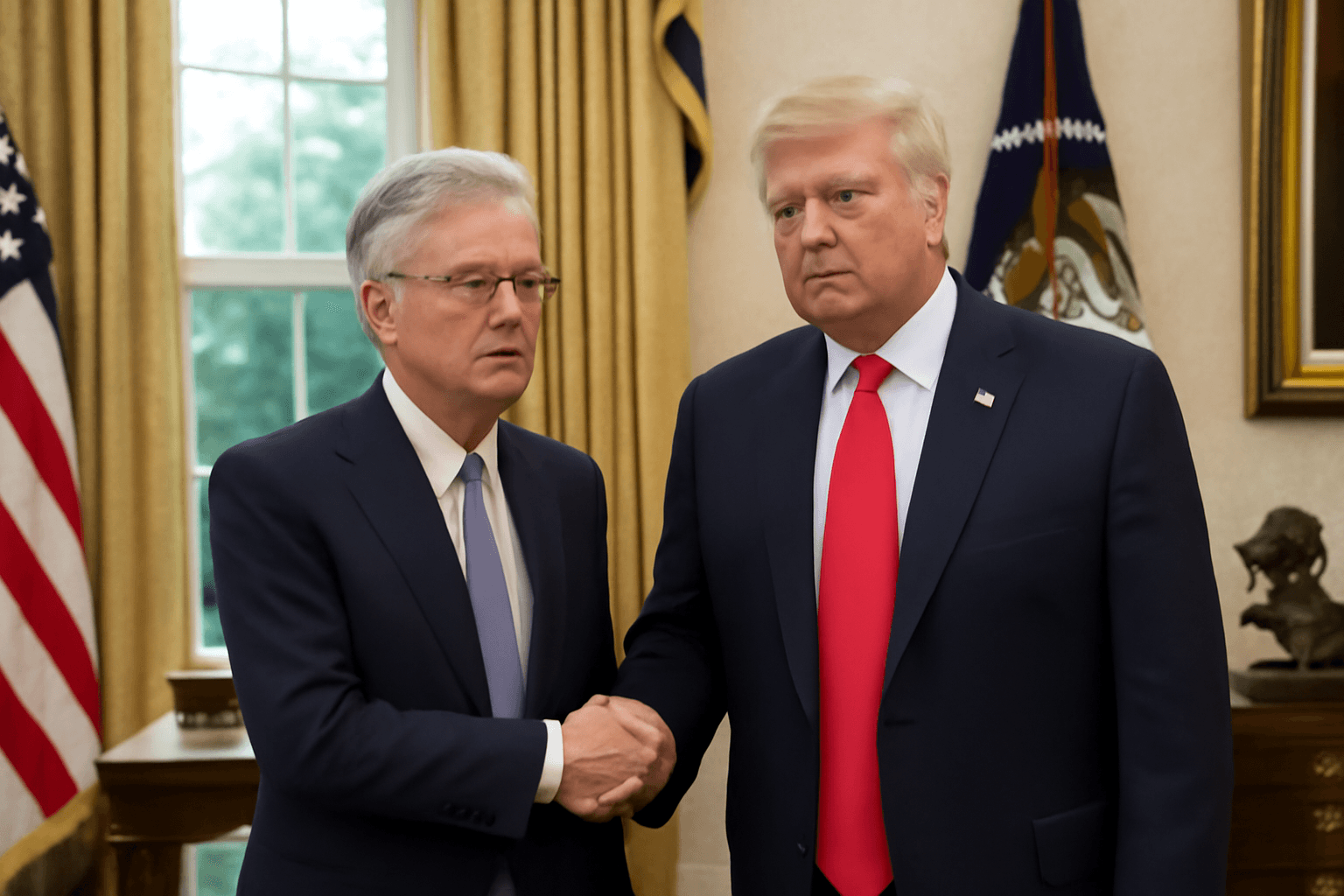The stock market in 2025 has demonstrated a full circle movement since the start of the year, but with a distinctive divergence between the top tech giants and the broader market. While the S&P 500 index remains nearly unchanged year-to-date after a significant selloff and subsequent recovery, the "Magnificent Seven" stocks have experienced a notable reduction in their valuations.
According to Marta Norton, Chief Investment Strategist at Empower Investments, the overall market has grown more expensive since the beginning of 2025, but the Magnificent Seven — the elite group of tech stocks including Nvidia, Apple, Alphabet, Amazon, Meta Platforms, Microsoft, and one other — are trading at lower forward price-to-earnings (P/E) ratios than earlier in the year.
"At the start of the year, the Magnificent Seven were extremely overvalued and posed significant downside risk," Norton explained. "However, despite a rally, these stocks are now less expensive than before, while the rest of the market has become pricier." She referred to this situation as a "weird dichotomy" reflecting contrasting valuation trends within the market.
Specific data reveals that Nvidia’s forward P/E ratio declined from 31.3 at year-start to 29.6, Apple’s from 33.0 to 26.6, Alphabet’s from 21.1 to 17.7, and Amazon’s from 35.2 to 31.3. Conversely, Meta Platforms and Microsoft have seen slight increases above their year-end valuations.
Meanwhile, the broader market, represented by the S&P 500, holds steady around a 21.3 forward P/E, similar to December levels. Notably, consumer staples sector valuations rose from 18.6 to 19.9 times forward earnings.
This reduction in the valuation of the Magnificent Seven suggests potential for continued momentum, given they comprise roughly 30% of the S&P 500’s market capitalization. Nonetheless, Norton remains cautious about a significant market rally in 2025. She anticipates a rangebound S&P 500, constrained by expensive valuations beyond the tech titans and the lingering effects of recent tariffs on corporate earnings. The positive effects of deregulation anticipated later in the year may not fully counterbalance these headwinds.
"If the Magnificent Seven maintain their recovery, they could provide market strength," Norton noted, "but investors must monitor the wider 70% of the market carefully."
Other financial analysts share similar reservations. A UBS report highlighted the renewed risks associated with the dominance of the Magnificent Seven following Nvidia’s recent strong earnings report, warning the market may be "priced for perfection" and vulnerable to setbacks from even slightly disappointing news.

